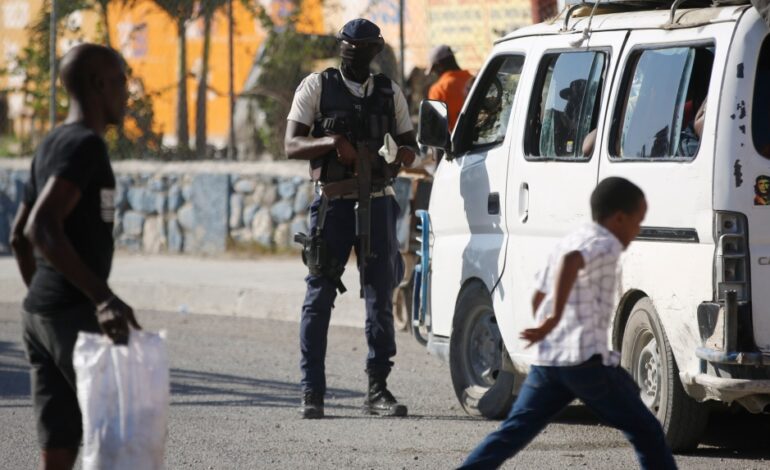
Faith Nyasuguta
Moroccan authorities have made significant strides in combatting a disturbing criminal network this week, arresting 30 individuals in the city of Fes.
The arrests, part of a broader investigation, shed light on a complex case involving blackmail, threats, and the trafficking of newborn babies. Among the detained suspects are law enforcement agents, doctors, nurses, and various health professionals implicated in a reprehensible scheme exploiting unwed mothers and offering infants for adoption.
The shocking revelation, reported by the state-run news agency MAP on Wednesday, outlines the multifaceted nature of the criminal activities.
The accused individuals allegedly collaborated with unmarried mothers, engaging in the illicit trade of newborns, preying on families seeking to adopt. The criminal network didn’t stop at human trafficking; it extended to encompass blackmail, fraud, and the theft of medications that require a prescription.
Additionally, some suspects face charges related to facilitating abortions, a practice strictly prohibited in Morocco except in emergency situations.
This case brings to light a deeply troubling intersection of various professionals involved in illicit activities, eroding trust in sectors typically dedicated to public welfare.
The inclusion of law enforcement agents and healthcare professionals in such a criminal network underscores the urgency of addressing corruption and criminality within institutions meant to uphold public safety.
The illegal adoption trade, exploiting vulnerable mothers and perpetuating a cycle of criminal activity, raises significant concerns about the well-being of infants and the integrity of adoption processes.
The involvement of healthcare professionals in facilitating illegal abortions further amplifies the severity of the case, as it implicates individuals entrusted with safeguarding the health and rights of women.
While the Moroccan authorities’ swift action in apprehending the suspects is commendable, it also highlights the challenges faced by law enforcement in tackling sophisticated criminal networks. The intricate web of activities, spanning from human trafficking to prescription drug theft, underscores the need for vigilant efforts to dismantle such networks comprehensively.

Public awareness and collaboration between law enforcement, healthcare institutions, and adoption agencies are crucial components in preventing and addressing similar criminal enterprises.
This case serves as a stark reminder of the importance of implementing and enforcing robust regulatory measures to protect the most vulnerable members of society and ensure the integrity of essential services.
As the investigation unfolds, it will likely reveal the full extent of the criminal network’s operations and shed light on potential legislative gaps that may need addressing.
Ultimately, this case prompts reflection on the broader implications of criminality infiltrating sectors fundamental to societal well-being and calls for sustained efforts to safeguard the rights and safety of individuals at risk.
RELATED:




